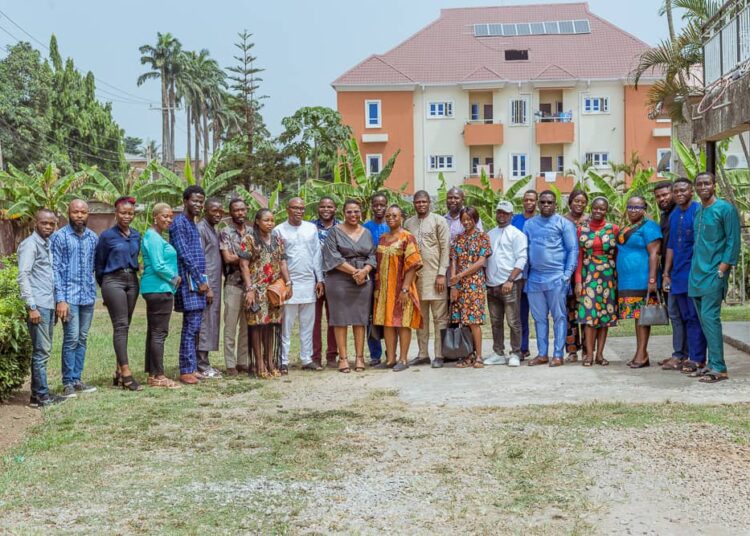Climate change advocate, Grace Oluchi Mbah, has called for a more impactful and inclusive approach to tackling the country’s pressing climate challenges.
The latest report by the United Nations revealed that Nigeria has the highest rate of deforestation in the world, losing 3.7 per cent of its forest every year. It is also home to Africa’s largest mangrove forest, but only six percent is protected. Its multiple ecological zones have given rise to a wide range of livelihoods, agricultural practices, and commodities, all of which are affected by climate change and shocks.
At a climate change media briefing on Friday in Lagos, Mbah who is the co-founder and executive director at Climate Action Africa, said Nigeria’s unique position and vast resources necessitate a comprehensive strategy that leverages the expertise and commitment of every sector.
“From government and industry leaders to scientists, community organizations, and individual citizens, we all have a role to play in building a more resilient and sustainable future,” she affirmed.
The importance of fostering collaboration in areas like policy development and implementation, innovation and technology, community mobilisation and education as well as investment and financing were highlighted during the media briefing.
These are the challenges that the Climate Action Africa Forum 2024 (CAAF24) is set to address.
CAAF24) scheduled for June 19-20 in Lagos, serves as a testament to CAA’s commitment to fostering collaboration. The forum will bring together key stakeholders from across Africa to discuss innovative solutions and develop concrete action plans for tackling climate change. The forum will introduce the Deal Room, a dynamic marketplace connecting Africa’s brightest innovators with forward-thinking investors to accelerate impactful deals for climate action and sustainable development.
Following the conference, CAA will partner with Silicon Valley-based Founder Institute, the world’s largest startup accelerator to provide ongoing support to African innovators in a post accelerator programme.
With Nigeria facing significant vulnerability to rising temperatures, erratic weather patterns, and environmental degradation, CAA emphasizes the need for a united front across all stakeholder groups. Developing countries like Nigeria, and many others across Africa, face unique sets of challenges when it comes to climate change.











